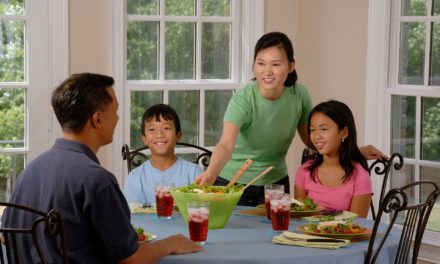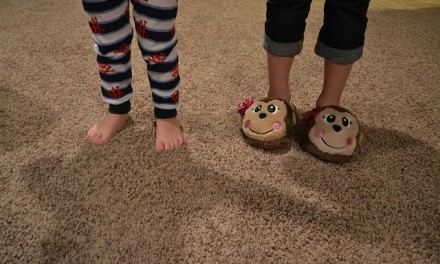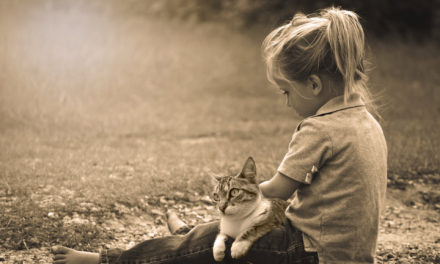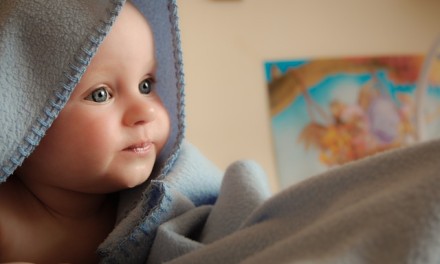What all parents want is for their children to grow up happy and healthy and to have a firm relationship with their parents, promoting their safety and stability.
However, what often happens is that, as they grow up, the parent-child relationship seems to unravel and the children seem to become increasingly disconnected from their parents. Behind a “how was your day?” only a “good” starts to come, as if there was no longer room for dialogue and genuine sharing between parents and children.
This scenario subliminally gains space and – little by little – when a child becomes a teenager, it often seems that there is no dialogue, suddenly, only routines are fulfilled without giving wings to the relationship and sharing.
The truth is that the relationship between parents and children tends to get lost in the routine of the day, tends to get lost in the way in which positive things are easily overlooked and, suddenly, the child is only scolded. It is lost when the basic rules of family dynamics are not defined and there is friction for everything that is essential for everyday life, such as going to dinner, doing homework or taking a shower, for example. It is also lost in the way in which adults easily allow themselves to be contaminated by the emotional instability of the child and believe that, for example, the louder they speak, the more the child will hear them.
Children – like any of us – need to be heard, respected and seen globally as capable of acting, thinking and doing even better.
Thus, the parent-child relationship needs to be nurtured and needs investment. Since it will be a healthier relationship the more communication there is, the more parents allow themselves to pay attention to a child for the positive things he is achieving, the more space for children and parents to express themselves emotionally and the more basic rules essential to the functioning of the entire family are clearly defined and structured for everyone. In this way, and with room for interpellation for the contradictory, it is possible to create bonds between parents and children that last throughout their growth and that allow a child to have the security he needs to grow up calm and happy.














Leave a Reply